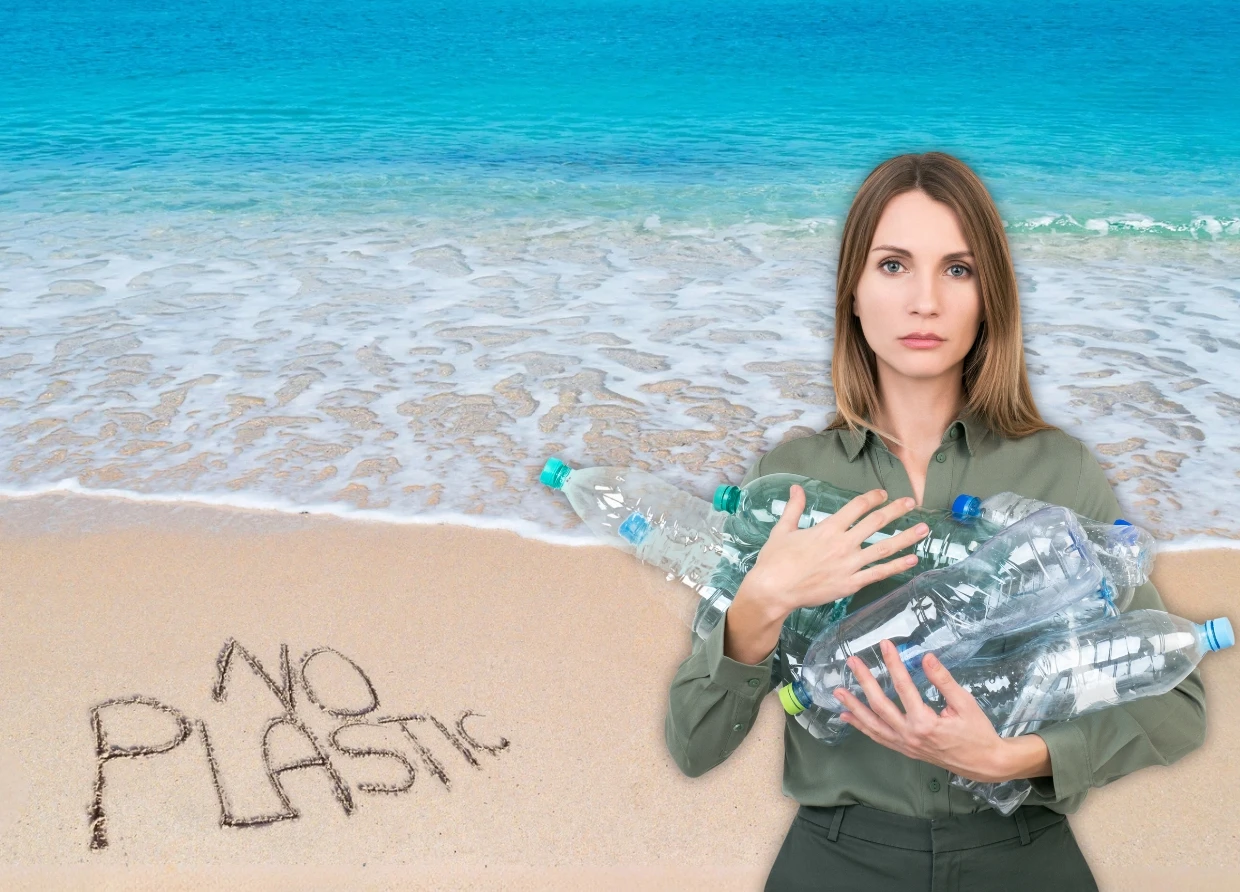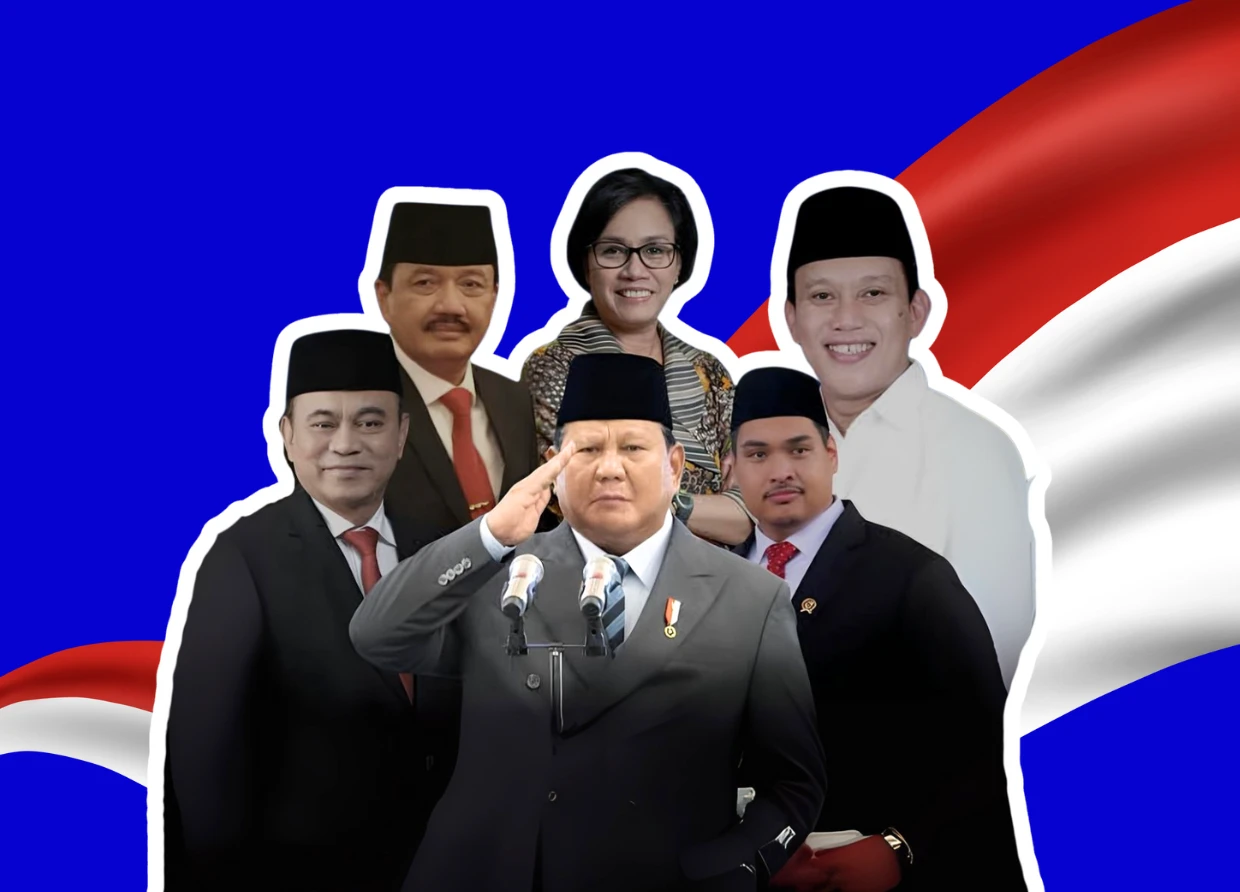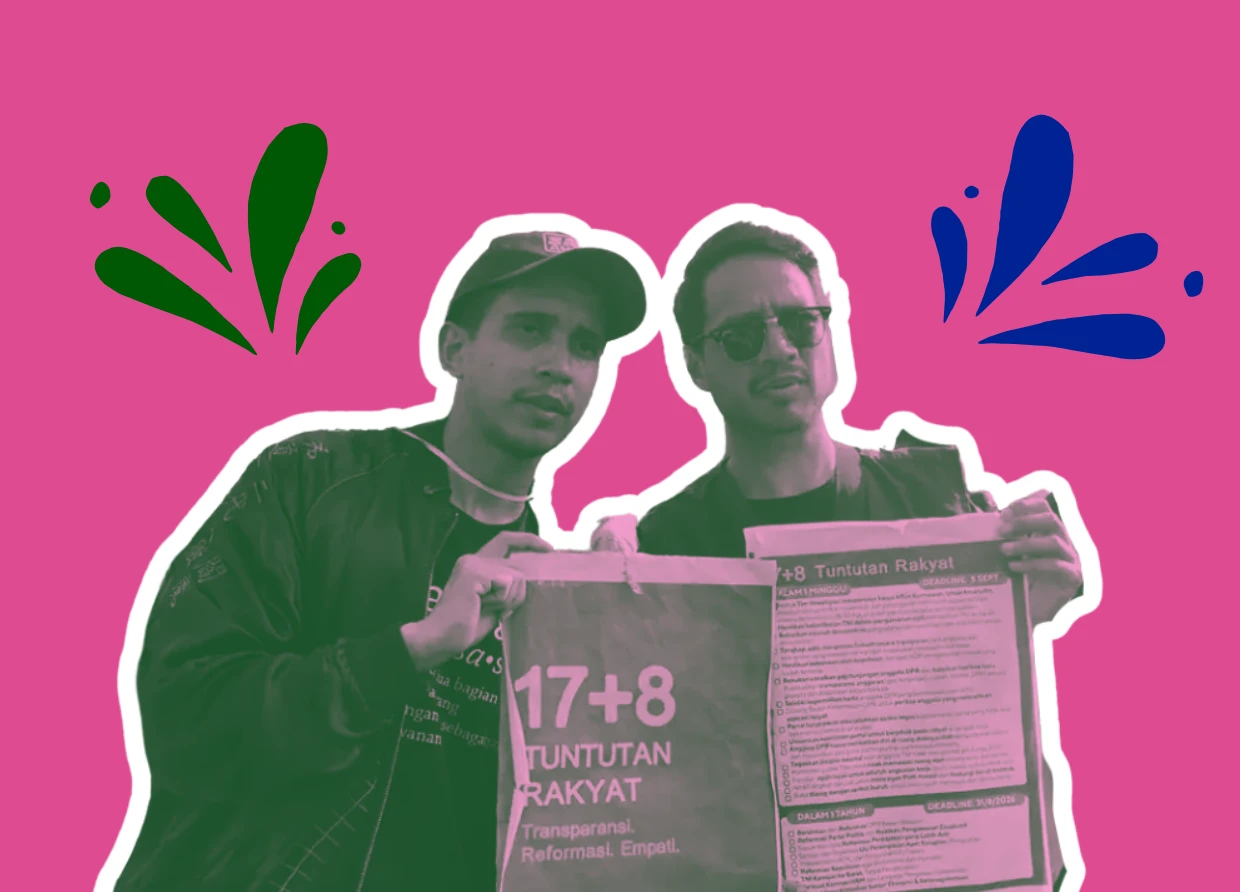INDONESIA SETS AMBITIOUS GOAL TO DRASTICALLY CUT MARINE PLASTIC WASTE BY 2025
Ambitious Goal of 70% Reduction by 2025 Marks a Turning Point in the Battle Against Plastic Pollution

Indonesia, a nation known for its stunning coastal beauty, has announced an ambitious target to reduce marine plastic waste by a staggering 70% by the year 2025. The Coordinating Ministry for Maritime Affairs and Investment has expressed confidence in achieving this milestone. Rofi Alhanif, the coordinating ministry's assistant deputy for waste management, made this announcement at a press conference ahead of the ASEAN Conference for Combatting Plastic Pollution (ACCPP) 2023, scheduled for October 17, 2023.
Addressing a gathering of concerned stakeholders at the Coordinating Ministry for Maritime Affairs and Fisheries Office in Central Jakarta on October 16, 2023, Alhanif stated, "We are optimistic [to achieve this] with the collaboration of all parties." The official also noted that the government had already made significant strides by reducing plastic waste in the ocean by 36% from 2018 to 2022. With three years left until the 2025 deadline, Alhanif believes that the 70% reduction target is well within reach.
Indonesia has been grappling with not only the challenge of plastic waste but also the critical issue of waste management. Alhanif expressed hope that the country could better manage plastic waste without disrupting its economy, including its plastic production sector.
Highlighting the importance of regional collaboration, Alhanif stressed the need for cooperation, especially within the ASEAN community. Indonesia has taken the initiative to host ACCPP 2023, a platform aimed at facilitating discussions and knowledge-sharing on how to combat plastic waste in the seas. Alhanif emphasized that ASEAN countries face similar issues, with many of them classified as developing nations where waste recycling practices are not as robust as in developed countries. "Hopefully, ASEAN can have a unified understanding and share experiences," he said.
Furthermore, Rofi Alhanif underscored the collective responsibility in addressing the issue of marine plastic waste. He emphasized that this challenge is not the sole responsibility of the government but should involve participation from various sectors, including industry, society, and waste recyclers.
As Indonesia takes a bold step towards reducing marine plastic waste, it stands as a beacon of hope, not only for the region but for the world, showing that collective action can have a significant impact in the fight against plastic pollution. The nation's commitment to this cause is a testament to its determination to protect its pristine coastal environments and support global efforts to preserve the world's oceans.
#THE S MEDIA #Media Milenial #Indonesia #Plastic Waste Reduction #Marine Pollution #Environmental Conservation #ASEAN #Waste Management #Coastal Beauty #Plastic Recycling #Global Initiative #Sustainable Practices


























